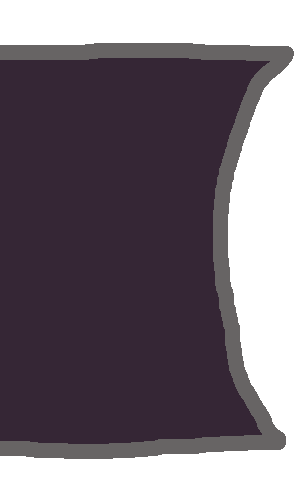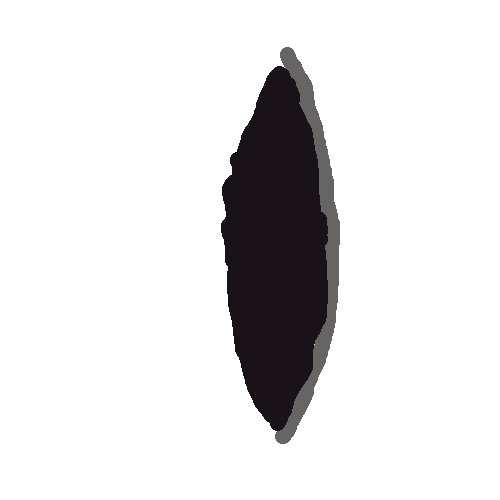MultiGodot
This post is meant to be an overview of a work in progress software that I've
been working on as of late. Personally, I'm very excited by it and I think it
could be a very powerfull tool for small Godot game development teams, once
it's finished. Because I am at the stage of life where I can shamelessly steal
resources from my parents, I don't have any inherent need to make money, and
so this tool will always be free and open-sourced under the MIT license.
In this post I will go over my future plans for the tool, MultiGodot, and the
progress I've made towards those goals. I'll save a technical breakdown of
everything I've built so far for later, though.
If you're interested, here's a
link
to where the repository is located.
Future Plans
MultiGodot is peer-to-peer, meaning it requires no server to operate. In my opinion this is a net benefit because:
- Peer-to-peer is generally faster.
- I don't have to pay for servers.
- You don't have to worry about your game going through my servers.
It also starts off a session by sending your entire project over when someone
joins. I plan to make lobbies password protected so only let people who are
trusted join them, unless you want someone stealing your entire game.
Anyway, on to the planned feature-set of the project. I plan for MultiGodot
to have all of the following in its ideal state:
- Colaborative script editing
- Colaborative scene editing in both 2D and 3D.
- Synchronize when files are created or deleted.
- Multiple people can edit project settings at once.
- Multiple people can edit resources stored in the filesystem at once.
- Integration with version control—before the last user leaves the lobby they are prompted to push to a remote with a commit message. Then when the first person creates a lobby the lobby is automatically updated from the remote.
- Probably more things that I missed here.
I'm sure it will be a long time until all these features are available, but I'm trying to build only the essential ones first so I can have a useable prototype out as soon as possible.
Current Progress
Currently I've made significant progress on filesystem sync (moving, renaming,
adding, and deleting files), and also script editing. Script editing is not
collaborative yet, but you can watch the "owner" of the script edit it in real
time, and you can edit your own script at the same time as someone else is editing
theirs.
Currently I'm preparing to dive into collaborative scene editing, which will
probably be the biggest challenge in this project.
Anyway, that was just a brief overview of what I've been up to lately. I'll
probably write a more comprehensive post in the future, but until then ...
Happy Tuesday, August 19th, 2025, 11:06 AM PDT!



